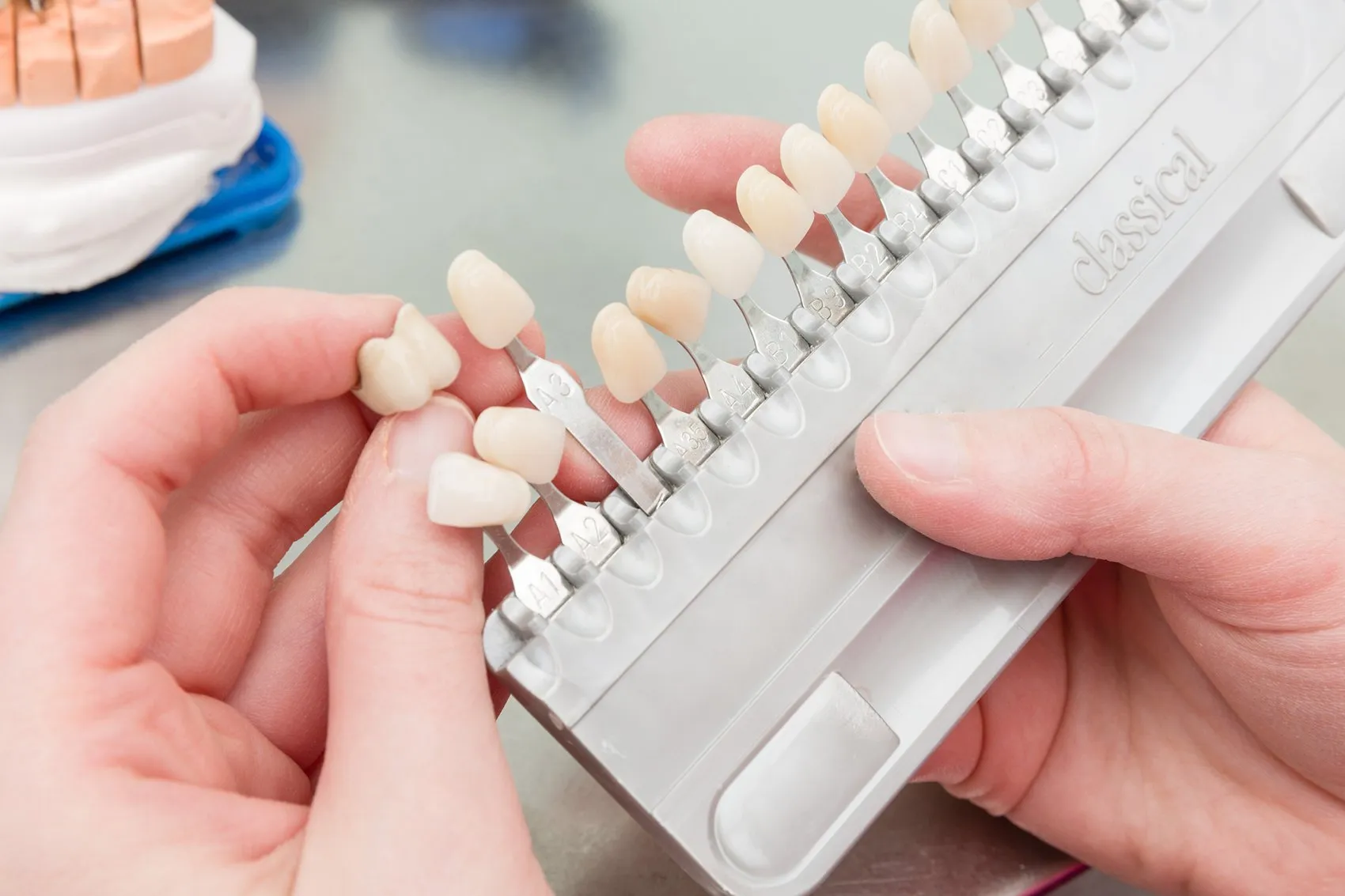Composite Veneer
What are Dental Veneers?
Dental veneers, also known as porcelain veneers or composite veneers, are thin shells of tooth-coloured, translucent porcelain or composite resin, custom made to fit over teeth and improve their colour, shape and overall appearance. Placement of dental veneers can dramatically improve your smile and appearance.

What types of problems can dental veneers correct?
Placement of dental veneers is sometimes referred to as ‘instant orthodontics’ because they can be used to cover a variety of dental problems involving teeth in the ‘smile zone’ including:- Spaces between the teeth
- Poorly shaped or crooked teeth
- Broken or chipped teeth
- Permanently externally stained and/or internally stained teeth
- Unsightly or stained fillings




